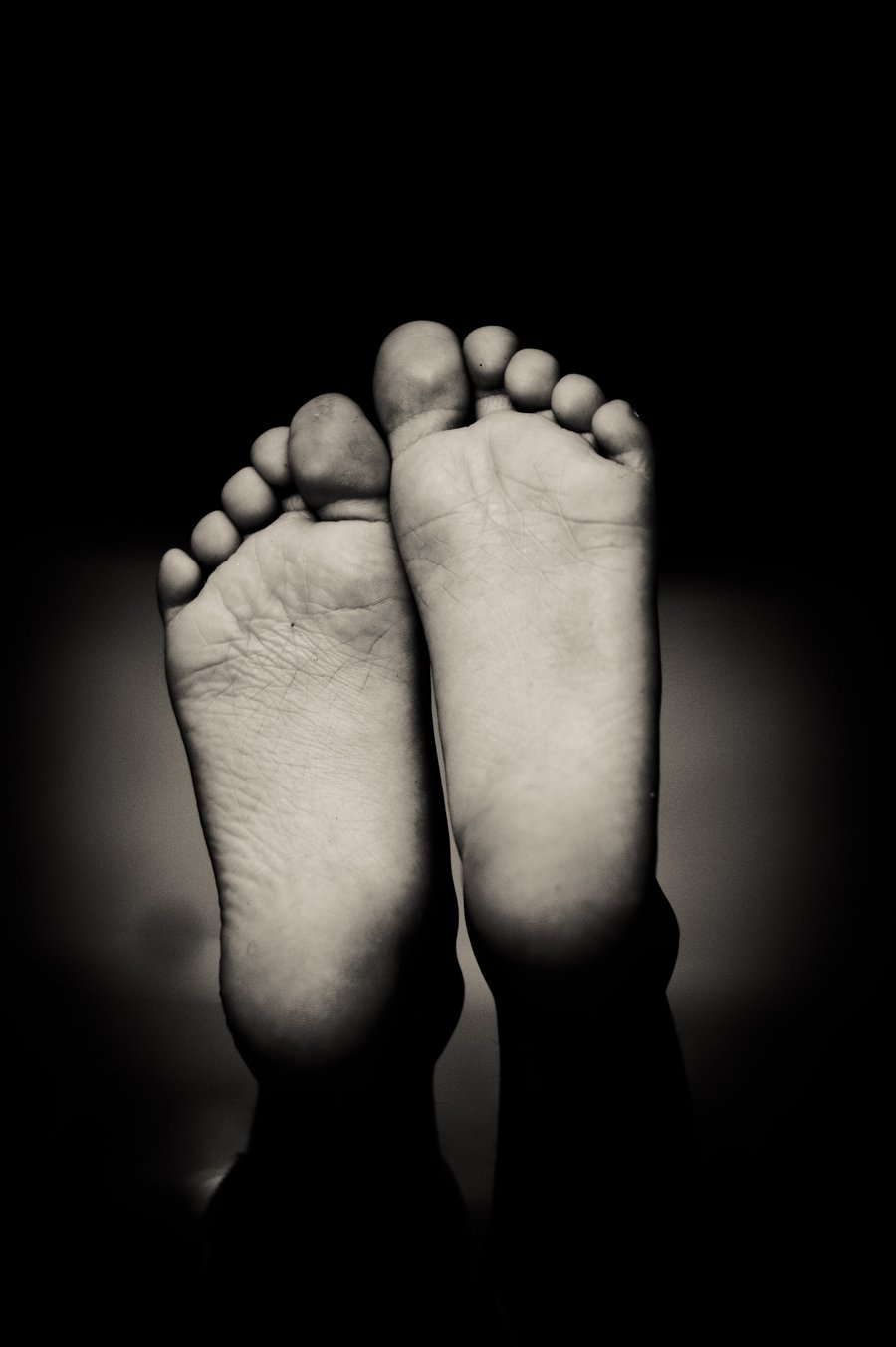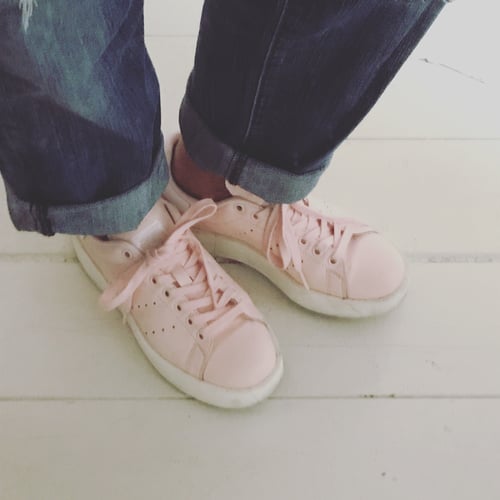
The feet are probably the most overworked parts of the body. They support your body weight as you stand, walk, run, jump, and so on. It is, therefore, common for the feet to swell up at the end of the day. Sitting for long hours causes fluids to accumulate in your feet, which explains why your shoes fit more tightly in the evenings. The swelling caused by the accumulation of fluids under the skin is referred to as "Edema." This is quite normal, but there are instances where swollen feet should raise an alarm. These include:
- When your shoes do not fit at all due to the swelling
- If the toe joints are swollen
- If only one foot is swollen
What are the common causes of swollen feet?
Pregnancy Complications
While some swelling around the ankles is normal during pregnancy, excessive swelling is in most cases a symptom of preeclampsia. This is a condition that is common after the 20th week of pregnancy and characterized by high blood pressure and the presence of protein in the urine. If left untreated, this condition can lead to fatal complications for the expectant mother and her unborn baby. Besides swollen feet, other preeclampsia symptoms include headaches, nausea and vomiting, blurred vision, frequent urination, pain in the upper abdomen, and shortness of breath. Should you experience several of these symptoms, contact your doctor right away.
Lymphedema
Lymphedema is a condition that occurs due to the dysfunction or the damage to the lymphatic system. The lymphatic system is part of the immune system; lymphatic fluid transports the disease-fighting white blood cells to different parts of the body. Lymphedema is common after removal of lymph nodes in cancer patients, or after they undergo radiotherapy. Though no cure for this condition currently exists, treatments designed to lessen the swelling and control any discomfort can be prescribed.
Blood Clot
Blood clots form when damage occurs to a blood vessel. While a clot that forms just beneath the skin might not be serious, one that occurs in the blood vessels can be life-threatening. This is especially the case if the clot disengages and travels to organs such as the lungs or the heart. A clot prevents blood from flowing from the legs and back to the heart, which causes the foot to swell. Other symptoms of a blood clot include fever and discoloration of the affected foot. Medical intervention should be sought immediately when these symptoms occur.
An Injury
Injuries such as a sprained ankle may be the cause of your swollen foot. Home interventions — such as rest, applying an ice pack wrapped in a cloth for 20 minutes, and elevation of the foot — will reduce the pain and swelling. If the condition does not improve over time, seek medical intervention.
Infections
These are common for people suffering from diabetic neuropathy and other nerve problems. Diabetics are encouraged to constantly check their feet for sores or signs of swelling as nerve damage blunts their sensation of pain. For such people, swollen feet or an infected blister is an indicator that they need immediate medical attention.
Putting extra stress on the feet (for example, after several hours of hiking), will result in them being a swollen. This swelling is usually not indicative of an underlying problem. However, if your feet regularly blow up and cause you pain and discomfort, it’s time to consult your doctor.







